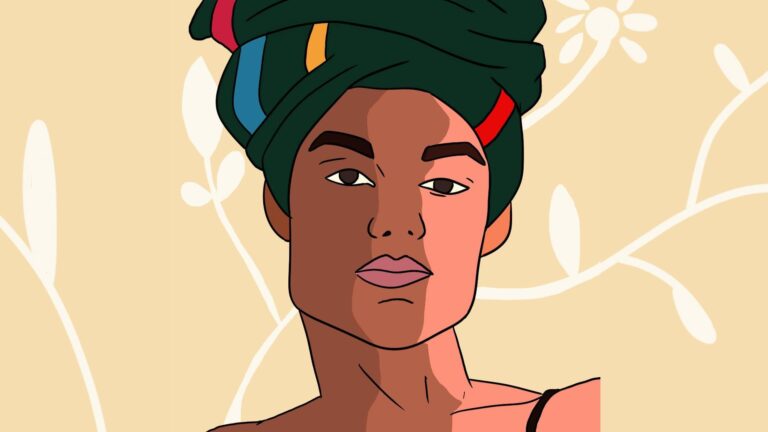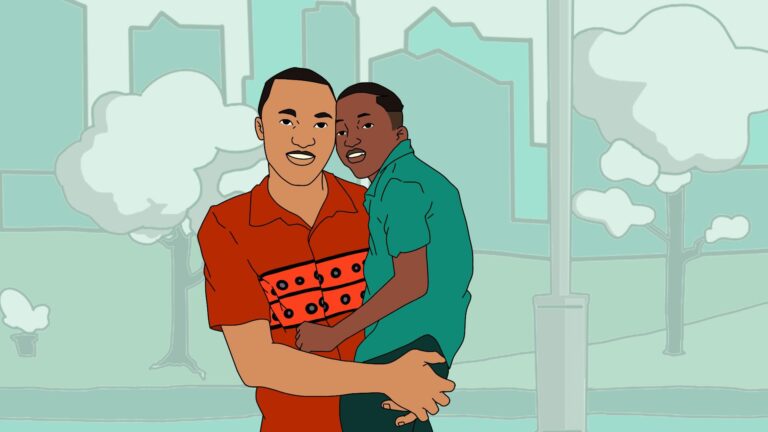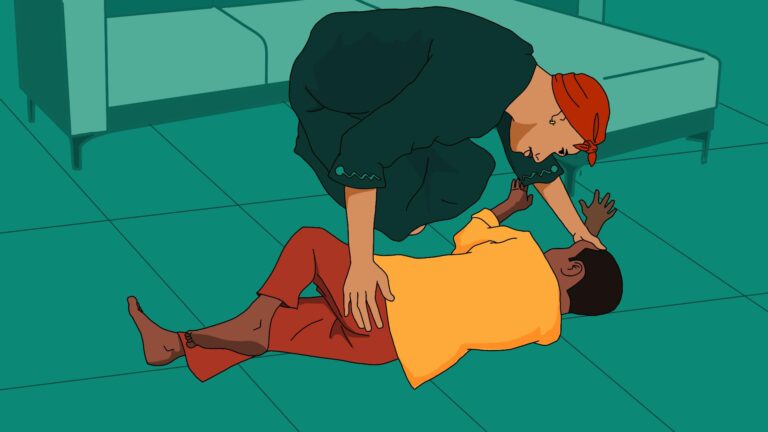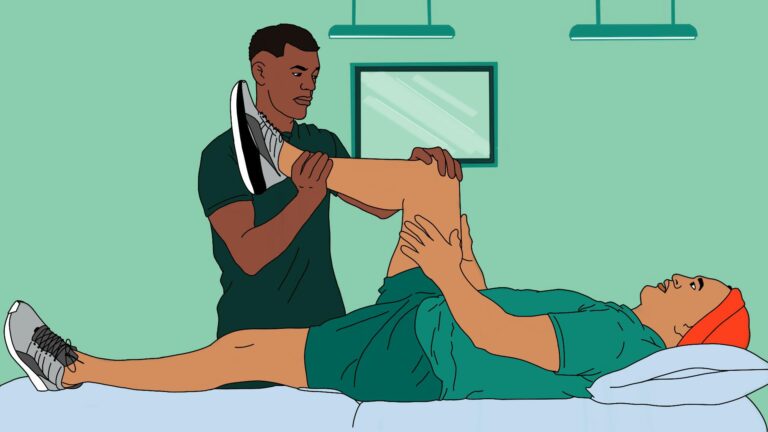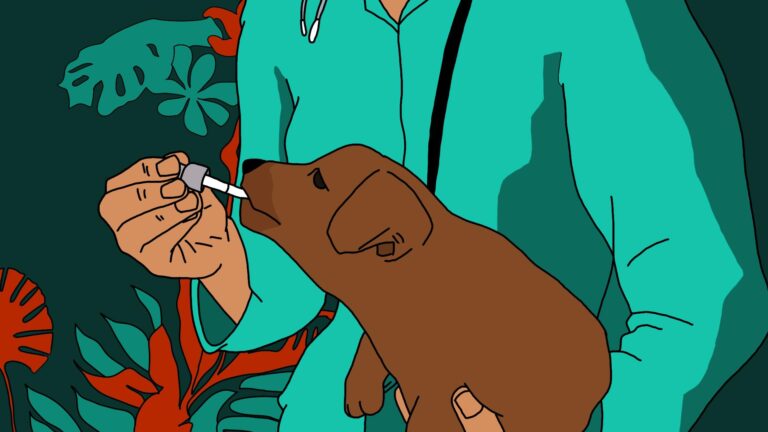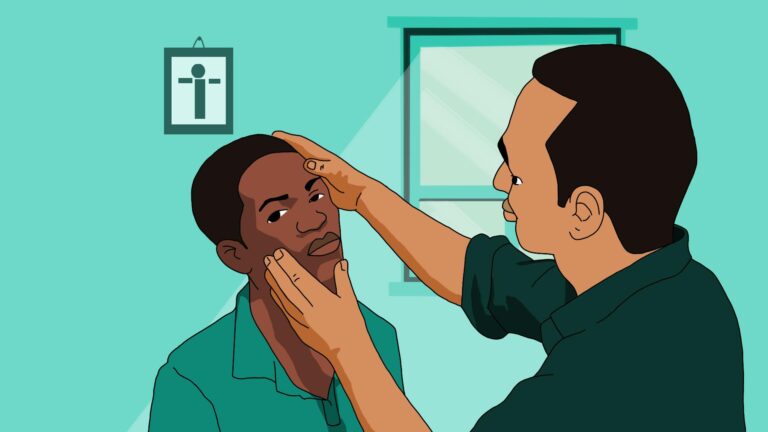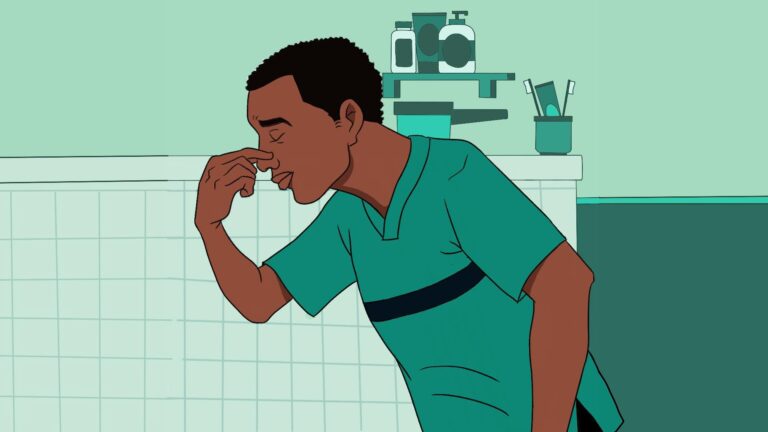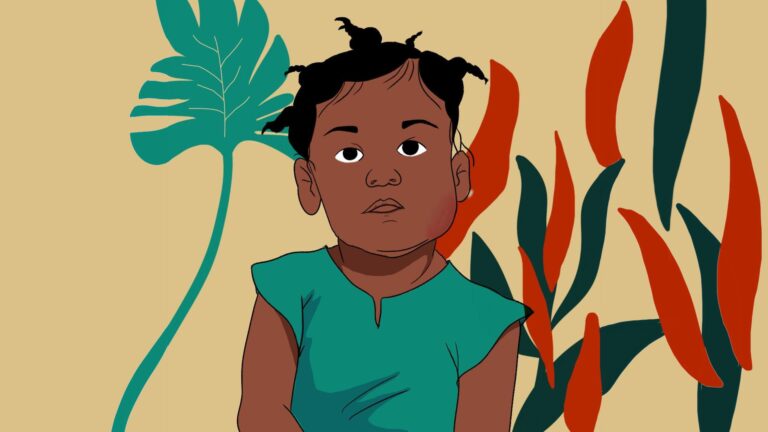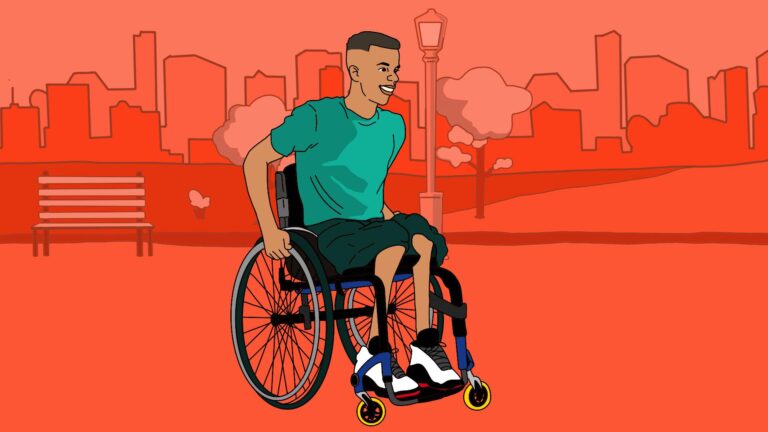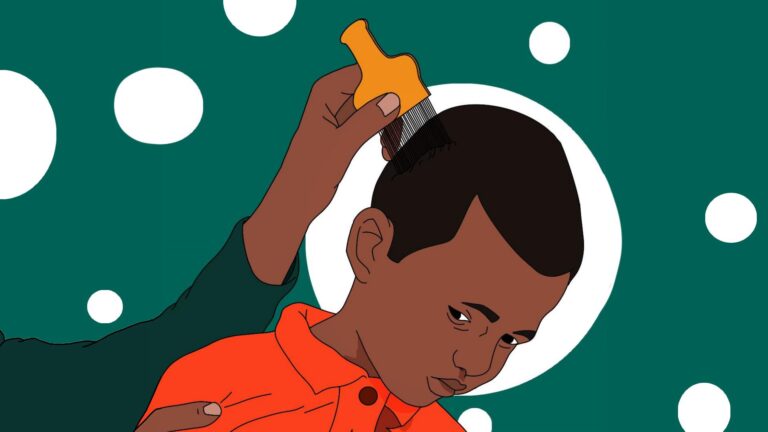Skin Bleaching
Skin Bleaching What is skin bleaching? Skin bleaching is the practice of using products to lighten dark areas of the skin or achieve a lighter overall complexion. These products include creams, soaps, pills, and medical treatments like chemical peels and laser therapy. The process works by reducing the production of melanin, the pigment that gives…

